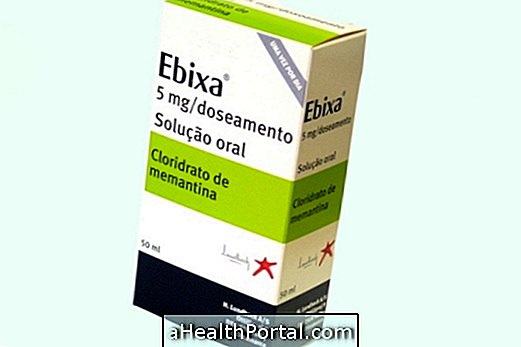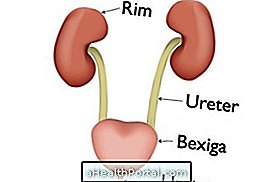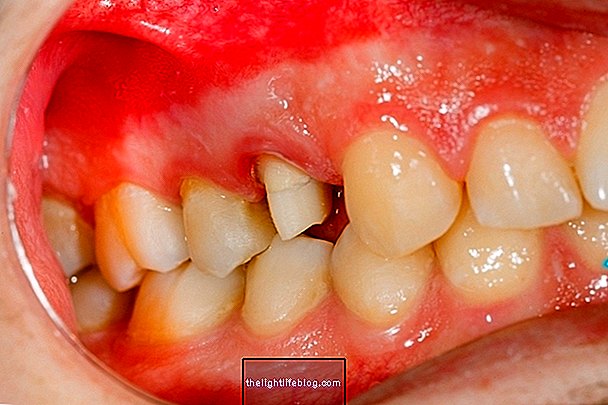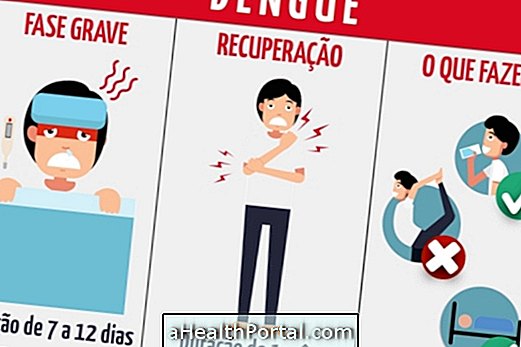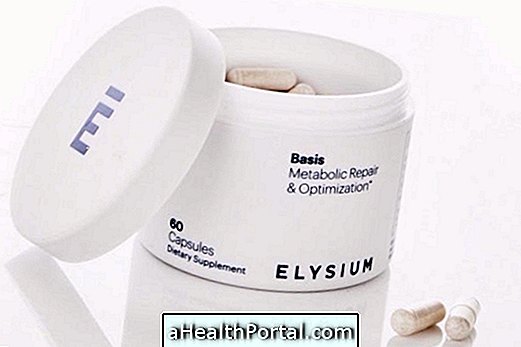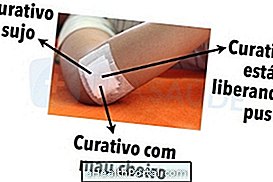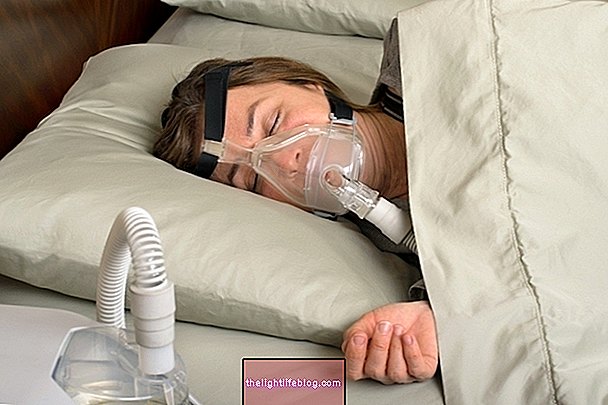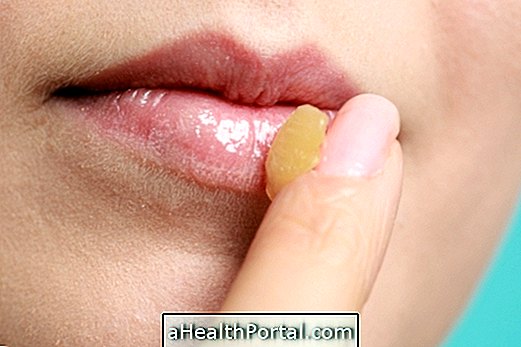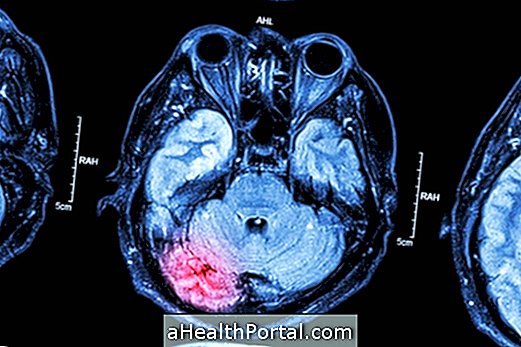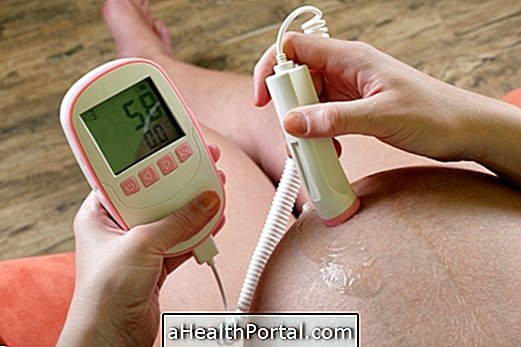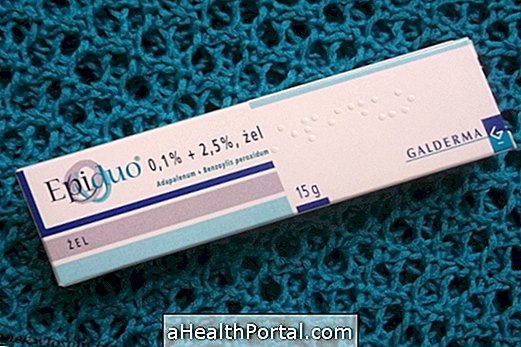The treatment for hypothyroidism, characterized by the insufficient production of hormones by the thyroid, consists of the use of medicines that contain in their composition a synthetic form of the thyroid hormone, known as Levotiroxina.
These medicines should be ingested throughout life, and it is recommended to take them in the morning, at least 30 minutes before breakfast so that the digestion of food does not diminish its effectiveness. The dose should be prescribed by the endocrinologist and may vary from time to time, depending on the concentration of T3 and T4 hormones in the bloodstream.
After 2 months of starting treatment, the doctor usually asks for a TSH blood test to check if the hormone rate is regularized and otherwise make the necessary dose adjustments. After the dose is adjusted the doctor should ask for TSH blood tests every 6 months or once a year to adjust the dose of medication that is necessary to control the disease.
In addition to taking this synthetic hormone, it is important to follow other tips like:
- Control cholesterol levels in the blood, avoiding the consumption of fats;
- Eating a diet helps the liver function properly, as it produces the hormones necessary for the body. Here are some tips on: Liver Diet.
- Avoid excessive stress as it impairs the secretion of hormones by the thyroid.
In some cases, the doctor may also recommend consulting a nutritionist because nutritional treatment with iodine supplements may help lessen the symptoms of hypothyroidism. Taking teas like dandelion and Asian spark can also be helpful. Here's how to take it and other examples by clicking here.
Treatment for subclinical hypothyroidism
Treatment for subclinical hypothyroidism is not always necessary, as this is a milder form of the problem and is only recommended when the TSH value in the blood is between 10 and 15 mIU / L, for example. However, patients over 65 years of age should always receive Levothyroxine treatment even if they have TSH results below 10mIU / L.
In addition, pregnant women suffering from subclinical hypothyroidism should also be treated to decrease the risk of preterm birth, miscarriage, and possible changes in the baby's development.
See the best foods to combat hypothyroidism and feel better in the following video:

Signs of Hypothyroidism Improvement
Signs of improvement in hypothyroidism may occur up to 2 weeks after initiation of treatment and include decreased fatigue and improved mood. In addition, the long-term treatment of hypothyroidism also helps to control weight and reduce blood cholesterol levels, for example.
Signs of Worsening of Hypothyroidism
Signs of worsening hypothyroidism usually arise when the levothyroxine dose is not adequate, causing insomnia, increased appetite, palpitations and tremors, for example.








